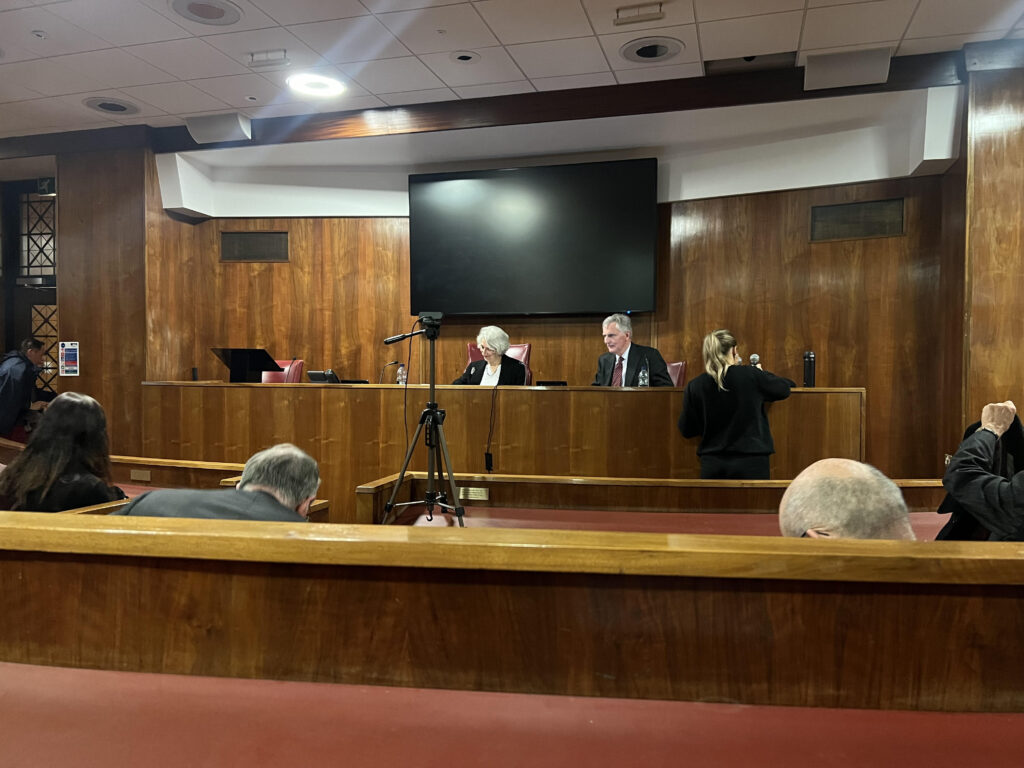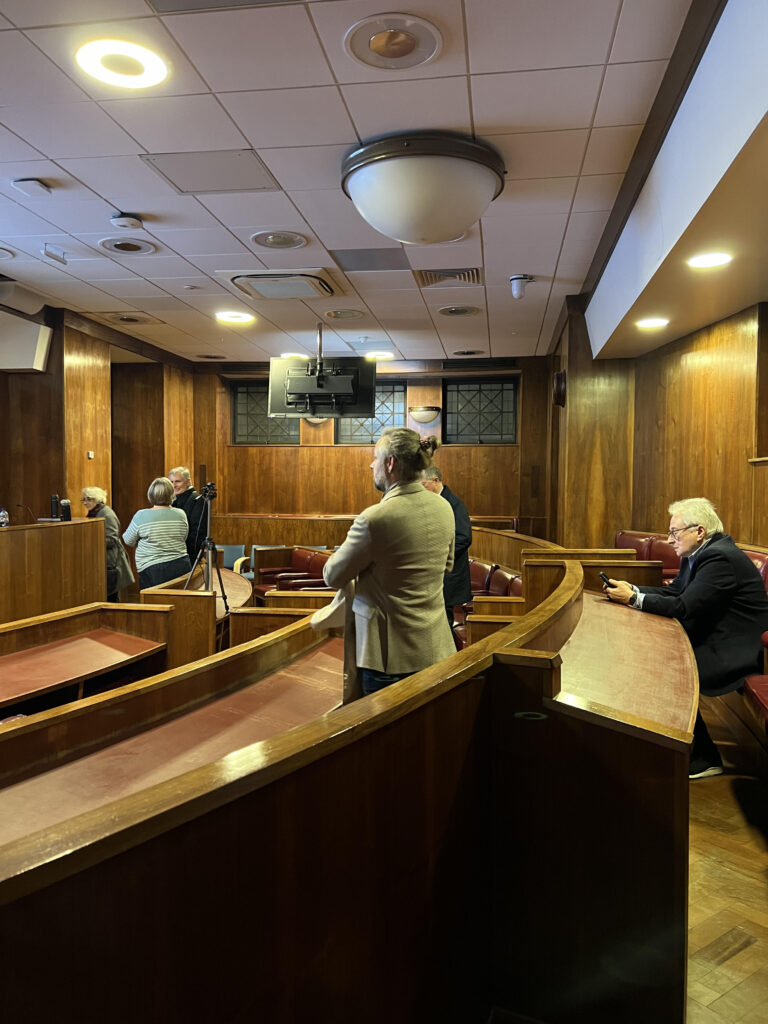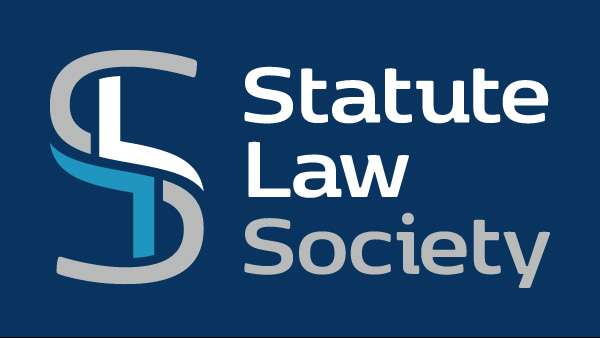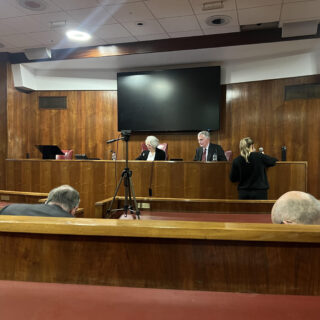
At the backend of last year, the Statute Law Society held its annual Renton Lecture, an event commemorating Lord Renton, whose work nearly 50 years ago brought about significant reforms in the simplicity and clarity of British legislation.
This lecture, delivered by UK Supreme Court Justice Lady Rose of Colmworth DBE, explored how courts respond to mistakes in legislation. Its title? When Homer nods: how courts respond to mistakes in legislation. The venue, UCL Law’s moot court, really added to the authenticity of Lady Rose’s delivery.
Upon arrival, I was slightly daunted to realise that I was the youngest audience member by at least a decade, aside from a lone PhD student who I quickly chose to sit beside. Nevertheless, the atmosphere was incredibly welcoming. It soon became clear that the majority of other attendees were longstanding members of the Statute Law Society, many treating the lecture as an annual reunion. That said, there was no sense of exclusivity or hostility; as an external attendee, I never felt like an outsider.

The lecture itself was superbly delivered by Lady Rose, almost as if her role in the Supreme Court requires her to be an incredibly proficient public speaker (!). The topic, on how courts address errors in legislation, was both fascinating and unexpectedly accessible. Lady Rose began with an amusing anecdote about a Belgian lawyer who, while reviewing regulations concerning the online sale of medical goods, discovered that instructions for a leek gratin recipe had inadvertently been included in the statute. From this light-hearted introduction, the lecture expanded to encompass EU law, Lady Rose’s judicial experiences, tax legislation, and the challenges of correcting errors in law.
The discussion also broached the contentious subject of judicial lawmaking, a theme interpreted differently across the legal modules I have studied. Hearing directly from a Supreme Court Justice about the judicial approach to interpreting the true purpose of legislation, rather than rigidly adhering to flawed wording, was invaluable. Lady Rose’s exploration of judicial lawmaking highlighted the delicate balance between respecting parliamentary sovereignty and ensuring laws fulfil their intended purpose. This balance is particularly contentious in time-sensitive cases where courts must decide whether to correct errors in legislation or defer to Parliament for clarification.

As one of the more junior attendees in terms of both age and legal experience, I initially worried that the lecture might be above my understanding. In hindsight, while I was undoubtedly the least professionally experienced in the room, I found realising how much of this real-world law I had learned in my first term in the GDL. The Q&A session at the end reinforced this, as audience members introduced themselves and their roles, ranging from seasoned barristers to legislative drafters, but they all asked questions that were in my realm of understanding or questions that I was also wondering the answer to.
On a personal level, the lecture was a confidence booster, affirming the relevance of the legal principles I am studying on the GDL. To my surprise, Lady Rose referenced cases I had read and topics I had recently covered. In one instance, her discussion of the separation of powers almost exactly mirrored the content of a Public Law lecture I had attended just hours earlier.

I would wholeheartedly recommend attending events organised by the Statute Law Society. My brief experience highlighted a well-organised event featuring an outstanding lecture in a welcoming environment. 2025 marks the 50th Anniversary of the Renton Committee Report on The Preparation of Legislation, and to commemorate the occasion, they will host an all-day conference at the Houses of Parliament.
Please do go and read the full transcript of Lady Rose’s talk (available on the UKSC website) and look up details of the conference later this year (available on the Statute Law Society’s website). It promises to be an extraordinary opportunity for anyone interested in this area of law, but note it is £120 for students to attend. The Keynote will be given by Lord Sales, who is both a Justice of the Supreme Court, and President of the Statute Law Society.

Thanks to Jack Dickinson for this review of Lady’s Rose’s Renton lecture, When Homer nods: how courts respond to mistakes in legislation. If this has made you eager to find out more about past lectures hosted by the Statute Law Society, you can read summaries of all the events put on by them on their website, some with accompanying transcripts or recordings. This archive goes back to 2008.
Jack Dickinson is a current GDL student hoping to practice as a Solicitor in the future. He has a particular interest in Financial and Intellectual Property law and hopes to progress into these practice areas in the future. You can find out what he’s currently up to at his LinkedIn.

